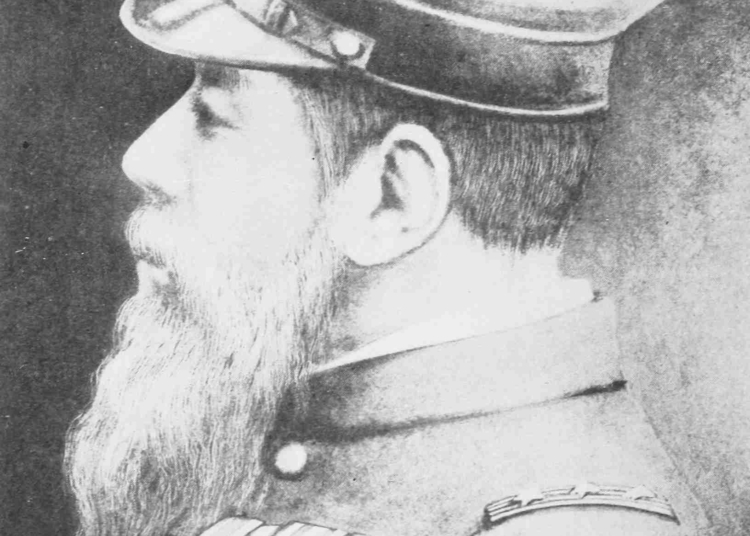This content explores the evolution of military portrayal in music, from ancient battle hymns to modern protest songs and reflective pieces. It discusses how music has been used to inspire soldiers, instill a sense of pride, and promote a positive image of the military. It also highlights the rise of protest songs during controversial wars, where artists challenged the motives behind military actions. Additionally, it examines how some artists focus on the emotional toll of war and aim to humanize soldiers in their music. The content concludes by emphasizing the power of music in shaping perceptions and sparking conversations about the military and its impact on society.
From Battle Hymns to Antimilitary Anthems: Exploring the Evolution of Military Portrayal in Music
Introduction
Throughout history, music has played a significant role in human culture. It has served as a form of expression, storytelling, and protest. One area where the influence of music can be observed is in the portrayal of the military. From battle hymns that exalt the bravery of soldiers to antimilitary anthems that critique war, the evolution of military portrayal in music reflects the changing attitudes and values of societies over time.
Battle Hymns: Celebrating Bravery and Patriotism
In many ancient civilizations, music was used to inspire soldiers before battle. These early battle hymns would celebrate the bravery and patriotism of soldiers, instilling a sense of pride and unity among troops. The melodies and lyrics often emphasized notions of honor, sacrifice, and loyalty to the state.
In the modern era, battle hymns continued to be popular. Examples include the “Battle Hymn of the Republic” in the United States, “Rule, Britannia!” in the United Kingdom, and “March of the Volunteers” in China. These songs emphasize national pride and the heroism of soldiers, promoting a positive image of the military.
Protest Songs: Challenging the Status Quo
As wars became more controversial and public sentiment shifted, a new genre of music emerged – protest songs. These songs challenged the status quo and questioned the motives behind military actions. Artists used their platform to critique war, imperialism, and the mistreatment of soldiers.
The Vietnam War era saw the rise of numerous antimilitary anthems. Bob Dylan’s “Masters of War” and Edwin Starr’s “War” became anthems for those opposing the war. These songs portrayed the military as an institution that perpetuated violence and suffering.
Reflection and Healing: War as a Subject of Artistic Expression
While protest songs often portray the military in a negative light, some artists have focused on the emotional toll of war and the experiences of soldiers. In these songs, the military becomes a subject of reflection and healing, rather than a source of glorification or condemnation.
Artists like Johnny Cash, Bruce Springsteen, and Pink Floyd have all explored the human side of war in their music. Their songs, such as Cash’s “Drive On,” Springsteen’s “Born in the U.S.A.,” and Pink Floyd’s “Us and Them,” aim to humanize soldiers, telling their stories and capturing the pain and complexity of war.
The Power of Music in Shaping Perceptions
Music has the power to shape perceptions and influence public opinion. Whether it is through battle hymns that rally troops or protest songs that challenge the status quo, music has played a crucial role in shaping the portrayal of the military in society.
As societies evolve and wars continue to be fought, the portrayal of the military in music will undoubtedly continue to change. It is a reflection of the values, emotions, and beliefs of a particular time and place, and will continue to be an avenue for artistic expression and social commentary.
Conclusion
From battle hymns that celebrate bravery to antimilitary anthems that critique war, the portrayal of the military in music has evolved throughout history. Whether it is through protest songs challenging the status quo or songs that focus on reflection and healing, music has provided a powerful platform for expressing the diverse attitudes and emotions surrounding war. As society progresses, it is essential to recognize the role music plays in shaping perceptions and sparking conversations about the military and its impact on society.












